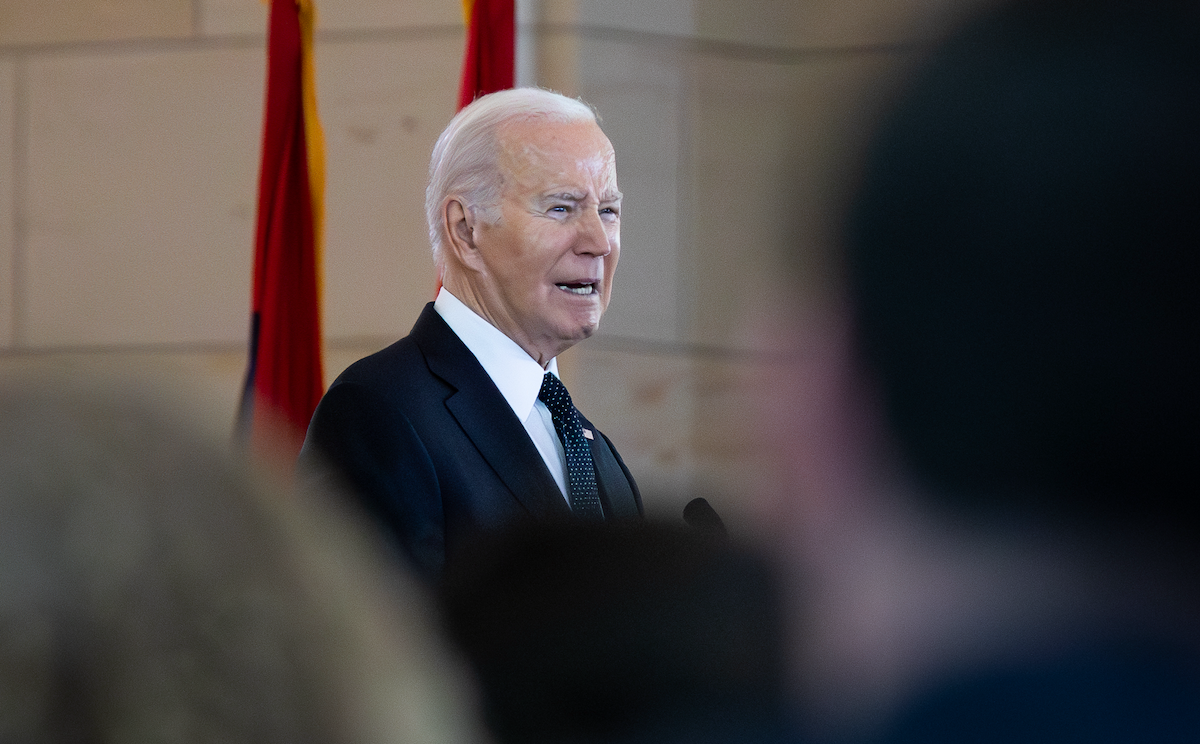President Joe Biden has what appears to be a political mission impossible: finding a thread that unites the pearls of Democrat support over the war in Gaza.
The Israeli military has started pushing into Rafah, despite US warnings against ground operations. That will exacerbate political strains at home for Biden as he tries to hold together his coalition of forceful progressives, who are critical of Israel, and steadfast moderates, who support the Jewish state.
Eurasia Group US Director Clayton Allen said the decision to delay delivery of some offensive weapons, specifically systems that would be utilized in an expanded offensive in Rafah, while at the same time leaning into his public statements of support for Israel, reinforced the untenable nature of the U.S. position.
“Trying to leverage Netanyahu into moderating his military plans, while publicly embracing him, is challenging at the best of times,” he said.
These are not the best of times.
Biden’s claim that his commitment to Israel is “ironclad” has pitted the White House
against the progressive wing of the party. That commitment has sounded less and less rigid as the death toll in Gaza has risen. A Gallup poll in March suggested 75% of Democrats disapprove of the Israeli military action in Gaza. Biden has become critical of Israeli mistakes but without tangible consequences.
In fact, a CNN interview on Wednesday showed Biden acknowledging that US weapons shipments had been used to kill civilians in Gaza, and the president explained that he would stop some shipments moving forward.
Still, Allen thinks overall aid is unlikely to be meaningfully curtailed, despite this week’s decision to delay the delivery of some systems. “Biden's strategy is to hope for a deal that doesn’t force him to follow through on the threats he’s making to make it happen,” he said.
Biden had hoped the threats would be enough to force an Israeli rethink on Rafah, but that has not happened. Still, “Biden doesn't want to follow through on it: He’s getting hammered by the GOP, most US voters support Israel, and long-term US-Israeli alignment is a key part of US strategy,” Allen added.
But if the “counter-terrorism” operation in Rafah turns into a fully-fledged assault, the pressure to act could become irresistible. When three-quarters of your supporters don’t back your position on a pivotal issue, it tends to sap party unity. Biden can ill afford that kind of rift as November’s election creeps ever closer.
